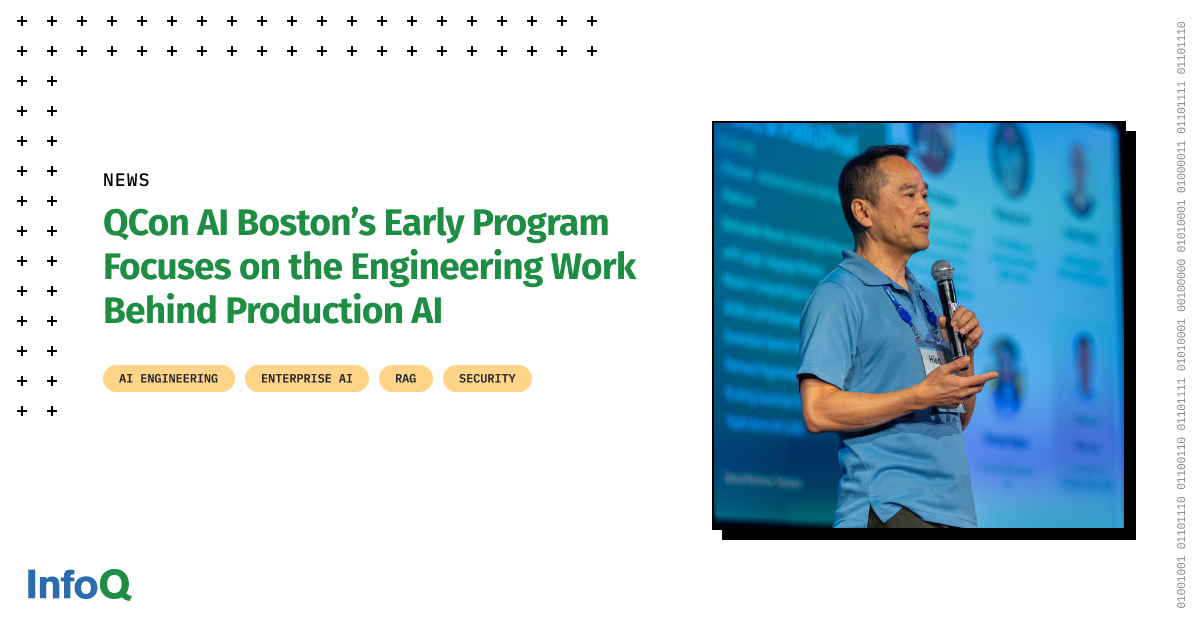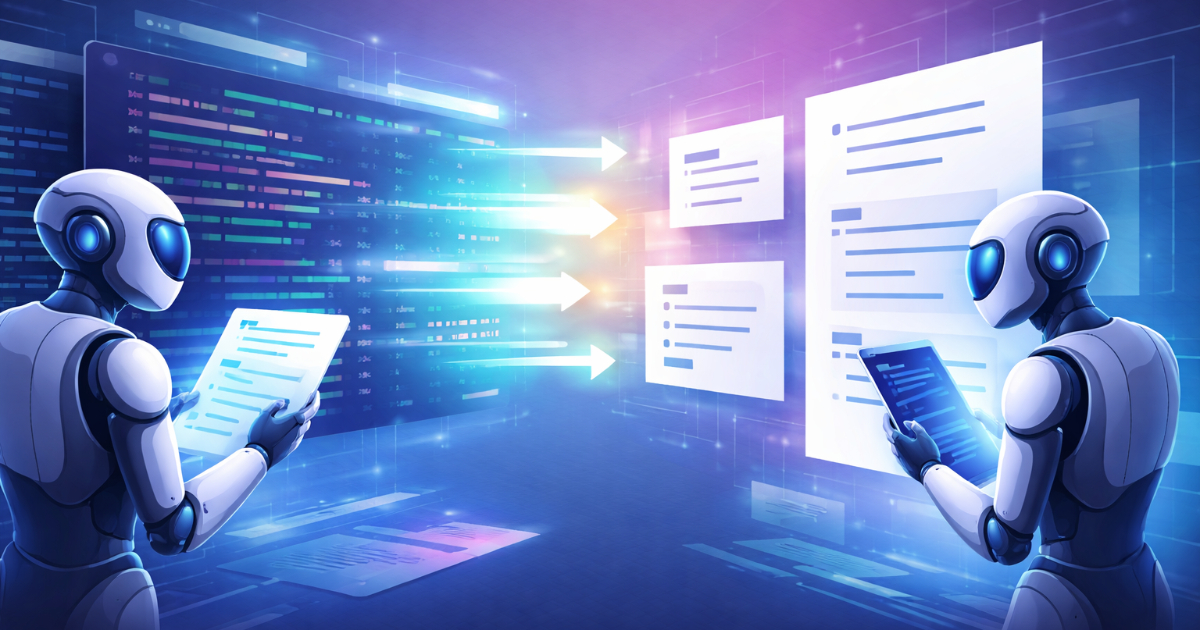Codetown
Codetown ::: a software developer's community
JDK 8 Massive Open and Online Course: Lambdas and Streams Introduction
Are you aware that Oracle is offering a FREE course entitled "JDK 8 Massive Open and Online Course: Lambdas and Streams Introduction"?
Simon Ritter, Manager of the Oracle Java Technology Evangelist team will teach it.
The dates: 14-JUL-2015 03:00:00 PM GMT End Date: 4-AUG-2015 07:00:00 PM GMT
Java SE 8 (JDK 8) introduced a fundamentally new way of programming in Java with the introduction of Lambda expressions.
Lambda provides a simple way to pass functionality as an argument to another method, such as what action should be taken when someone clicks a button, or how to sort a set of names. Lambda expressions enable you to do this, to treat functionality as a method argument, or code as data.
You may have heard about Lambda expressions, and are curious what impact it will have on you as a Java developer.
This course is designed to answer your questions and more.
Have you ever wondered what Lambda expressions are in Java?
Have you ever wanted to write parallel code in Java without worrying about threads and locking?
Have you ever wanted to process collections of data without using loops?
Have you ever wanted to do functional programming in Java?
All of these questions will be answered in this practical hands-on MOOC. This course introduces two major new changes to the Java platform: Lambda expressions and the Stream API.
Unlike a traditional instructor-led event, the course is delivered on-line.
Take this course when you want, where you want, and at your own pace.
Interact with your peers and the instructor panel through the forum.
Each week we will post a new set of course materials:
A series of short, pre-recorded videos provide the "lecture" portion of the course.
A homework project is linked to the video material, and applies what you have learned by working with Lambdas and Streams.
A graded quiz evaluates how well you have grasped the materials and the homework.
Time Comitment:
3 - 4 hours weekly
Course Completion :
Based on successfully completing the course quizzes, you will receive a course completion award, suitable for printing and framing!
Language :
English
Learn To:
Apply Lambdas to everyday problems
Convert anonymous classes to Lambda expressions
Apply the Streams API to solve problems of sorting, identifying the most and least, and reducing duplicates
Determine when to apply Lambdas (and when not to!)
Use Collectors
Improve performance with parallel streams
Debug Lambda expressions
Here's a video describing the course: http://youtu.be/KhwbCmDrXxA
Click here to login and enroll:
https://apexapps.oracle.com/pls/apex/f?p=44785:145:0::::P145_EVENT_...
Comment
-
Comment by Michael Levin on July 6, 2015 at 12:56pm
-
Excellent, Robert! You're welcome. Please spread the word.
-
Comment by Robert L White on July 6, 2015 at 12:39pm
-
Just signed up. Thanks for the heads up.
-
Comment by Michael Levin on July 5, 2015 at 12:56pm
-
Good! Thanks, Pat.
-
Comment by Patrick Garner on July 5, 2015 at 12:48pm
-
I'm enrolled! The enroll link provided in this post did not work for me. The link provided on the YouTube page did work for me. https://www.youtube.com/watch?v=KhwbCmDrXxA
Notes
Welcome to Codetown!
 Codetown is a social network. It's got blogs, forums, groups, personal pages and more! You might think of Codetown as a funky camper van with lots of compartments for your stuff and a great multimedia system, too! Best of all, Codetown has room for all of your friends.
Codetown is a social network. It's got blogs, forums, groups, personal pages and more! You might think of Codetown as a funky camper van with lots of compartments for your stuff and a great multimedia system, too! Best of all, Codetown has room for all of your friends.
Created by Michael Levin Dec 18, 2008 at 6:56pm. Last updated by Michael Levin May 4, 2018.
Looking for Jobs or Staff?
Check out the Codetown Jobs group.
InfoQ Reading List
Decentralizing Architectural Decisions with the Architecture Advice Process

Our system architectures have changed as technology and development practices have evolved, but the way we practice architecture hasn’t kept up. According to Andrew Harmel-Law, architecture needs to be decentralized, similar to how we have decentralized our systems. The alternative to having an architect take and communicate decisions is to “let anyone make the decisions” using the advice process.
By Ben LindersQCon AI Boston’s Early Program Focuses on the Engineering Work Behind Production AI

As teams move AI from pilots to production, the hard problems shift from demos to dependability. The first confirmed talks for QCon AI Boston (June 1–2) focus on context engineering, agent explainability, reasoning beyond basic RAG, evaluation, governance, and platform infrastructure needed to run AI reliably under real-world constraints.
By Artenisa ChatziouGitHub Data Shows AI Tools Creating "Convenience Loops" That Reshape Developer Language Choices

GitHub’s Octoverse 2025 report reveals a "convenience loop" where AI coding assistants drive language choice. TypeScript’s 66% surge to the #1 spot highlights a shift toward static typing, as types provide essential guardrails for LLMs. While Python leads in AI research, the industry is consolidating around stacks that minimize AI friction, creating a barrier for new, niche languages.
By Steef-Jan WiggersCloudflare Debuts Markdown for Agents and Content Signals to Guide AI Crawlers

Cloudflare has introduced “Markdown for Agents,” a feature that lets AI crawlers request Markdown versions of web pages. The company pairs the feature with a proposed “Content Signals” mechanism that lets publishers declare whether their content may be used for AI training, search indexing or inference.
By Matt FosterPresentation: What I Wish I Knew When I Started with Green IT

Ludi Akue discusses how the tech sector’s rising emissions impact our global climate goals. Drawing from her experience as a CTO, she explains seven key lessons for implementing Green IT. She shares insights on LCA assessments, the paradox of microservices, and why FinOps doesn’t always equal green.
By Ludi Akue
© 2026 Created by Michael Levin.
Powered by
![]()
You need to be a member of Codetown to add comments!
Join Codetown